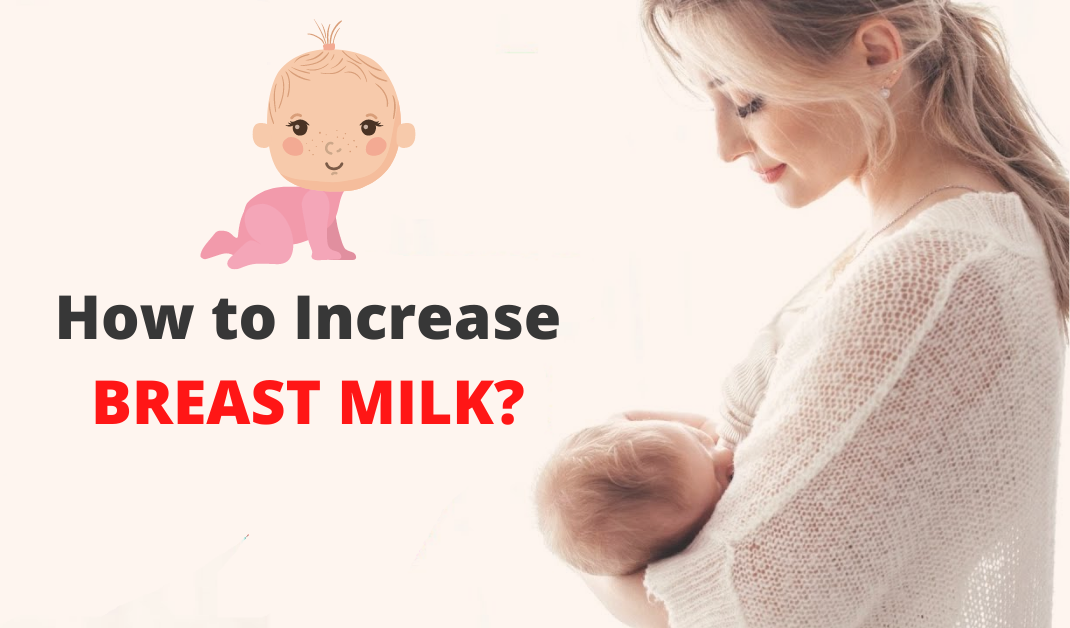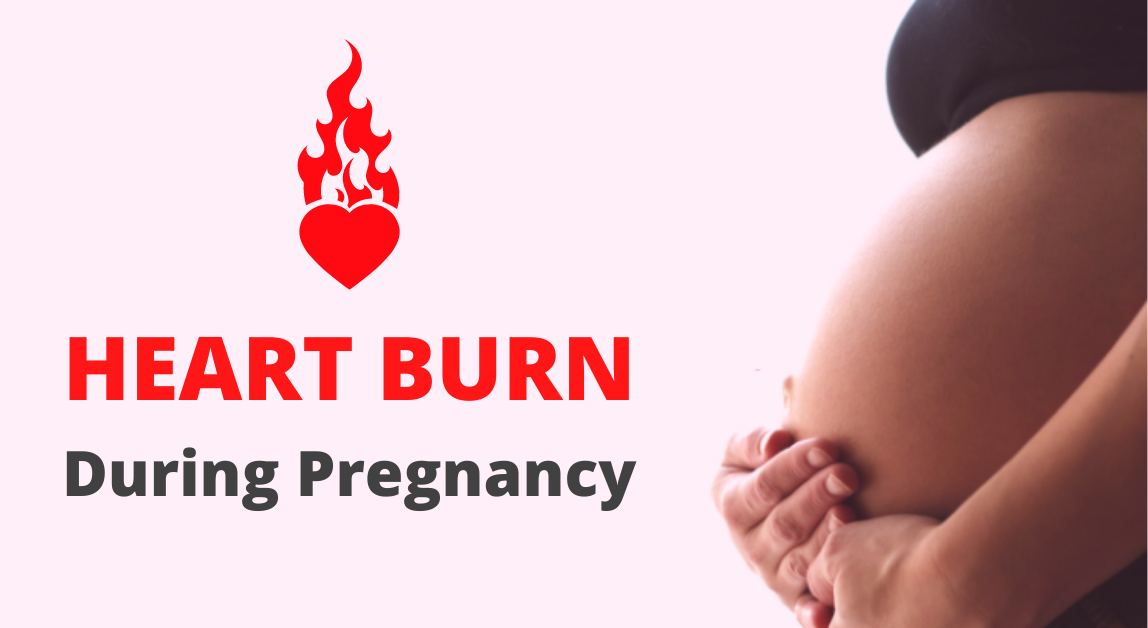
How to Increase Breast Milk?
Factors which decrease milk supply during breast-feeding:
- 1.waiting too long to start breast-feeding,
- not breast-feeding often enough,
- supplementing breastfeeding,
- an ineffective latch
- previous breast surgery may affect milk production.
To boost milk production:
- Breast-feed as soon as possible. Waiting too long to start breast-feeding can contribute to a low milk supply. Hold your baby skin to skin right after birth and your baby will likely breast-feed within the first hour after delivery.
- Breast-feed often. For the first few weeks, breast-feed eight to 12 times a day — about every two to three hours.
- Check your latch. Make sure your baby is latched on and positioned well. Give your baby time to suckle, swallow breath and restart this cycle.
- Offer both breasts at each feeding. It’s OK for your baby to nurse on only one breast at a feeding. Occasionally, you should pump the other breast to relieve pressure and protect your milk supply until your baby begins taking more at each feeding.
- Pump your breasts each time you miss a breast-feeding session (baby is sleeping) to help protect your milk supply.
- Don’t offer pacifier or hold pacifier until three or four weeks after birth. This will give you time to establish your milk supply.
- Use medications with caution. Certain medications decrease milk supply.
- Avoid alcohol and smoking. Drinking moderate to heavy amounts of alcohol can decrease milk production. Smoking can have the same effect.
Diet
- Remember, there’s no need to go on a special diet while you’re breast-feeding. Simply focus on making healthy choices, such as:
Whole grain cereals, pulses, eggs, nuts, fox nuts, almonds, walnut, fenugreek, sesame seeds, cumin, carom seeds, dried ginger, plenty of fluids, milk and milk products etc. and less of ghee / sugar.
- Supplements for Vitamin D and calcium.
Importance of Breast Milk:
Breast milk has clinical importance in neurodevelopment and in maintaining the integrity of both the gastrointestinal tract and the immune system of baby. Breast fed babies are less prone to develop diabetes and hypertension in future.
Breast feeding mothers are confident, well-adjusted to new role, better bonded with baby, less chances of post-partum psychosis, sugar levels are maintained, BP is better controlled, shedding of pregnancy weight is easy, prevention from breast cancer and decrease in vaginal bleeding (helps in conservation of haemoglobin).


